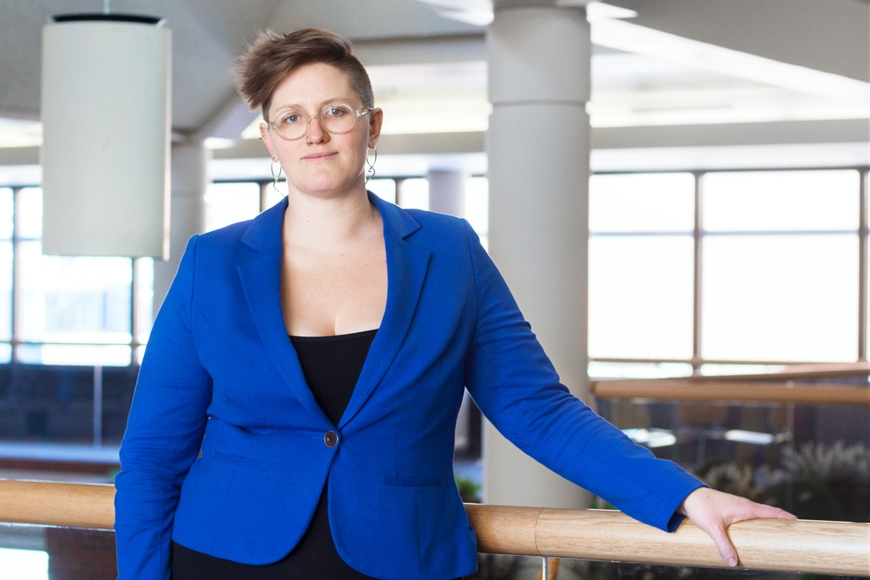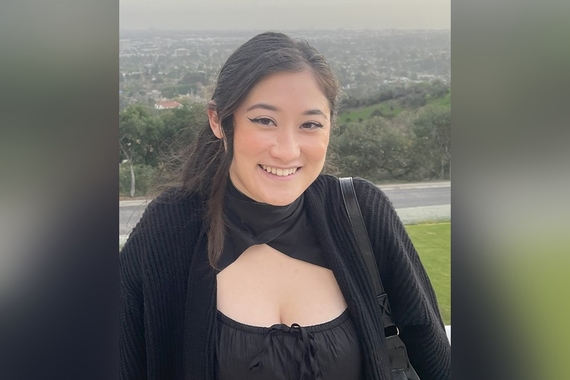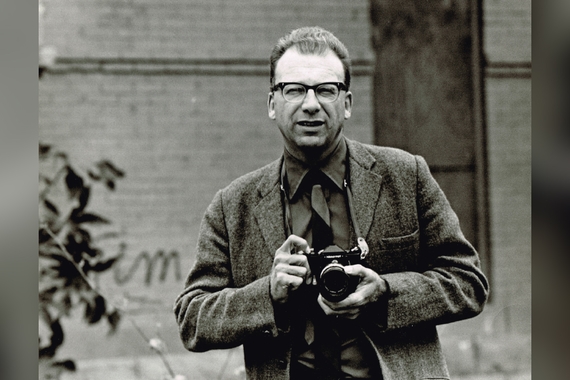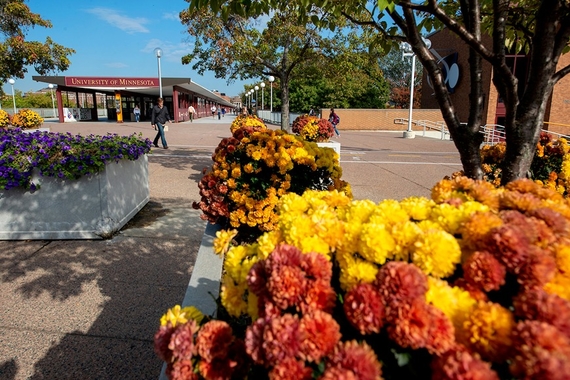Postcolonial Homophobia
When Erin Durban heard murmurs of the Haitian president, Jean-Bertrand Aristide, allegedly being kidnapped by the United States government in 2004, she had to know more.
Having never heard of US involvement in Haiti before, Durban, a cultural anthropologist at the University of Minnesota, found that the more she learned, the more she wanted to know.
Durban first traveled to Haiti in 2008 and stayed with a queer performance troupe in an artist collaborative space. “I was living daily life with people, meeting folks, and getting to know Haiti better,” says Durban.
As she worked with everyone from social service workers to artists, she looked at the intersecting issues, such as US intervention, continued US military presence, and Evangelical Christian beliefs, that make life more difficult for the LGBTQ (more commonly LGBTI there, with the I standing for intersex) community in Haiti.
For the past ten years, she has been immersing herself within the Haitian LGBTI community, getting to know what makes their lives possible, “and increasingly, more impossible.”
Durban has also served as an expert witness for asylum cases to help get Haitians into the US. “When there was a court case involving someone from Haiti who is gay or trans, lawyers get me involved as a country expert,” she says.
During the summer of 2016, Durban conducted interviews with new people and old friends in Port-au-Prince and Jacmel, studying how human rights practitioners documented and measured homophobia. But how do you turn an instance of violence into a statistic? How does that information get circulated to human rights organizations, lawyers, the United Nations, and others who can act on victims’ behalf?
Religious Constructs
Durban has found that Evangelical Christian beliefs regarding same-sex relationships have been the foundation for much of Haiti’s homophobia. She explains that there are three main religions in Haiti: Vodou, the syncretic religion stemming from West Africa that honors and celebrates those who identify as queer; Catholicism, introduced during European imperialism, which does not condone same-sex sexuality but instead encourages practicing discretion and privacy when it comes to same-sex sexuality; and Evangelical Christianity, which was given a new force with US missionary involvement after the American Occupation (1915 - 1934) and continues to have a large effect today.
Evangelical Christians in Haiti will outright accuse people of being gay, says Durban, and some churches even have sermons shunning same-sex sexuality. In the wake of the 2008 accusations that the Haitian prime minister was a lesbian, which angered many, a gay man that Durban knew was severely beaten with an ice pick and left to die by an attacker who broke into his home.
The victim lived, but his partner was wrongly imprisoned for the crime.
“This is an example of the intensity of the issue,” said Durban. There were more outbreaks of violence after the earthquake in 2010, when Evangelical Christians blamed vodouists for “falling out of favor with God”—and in 2013, after the US vs. Windsor Supreme Court case ruled that same-sex couples had a constitutional right to marriage.
Haitian Evangelical Christians hosted huge marches opposing same-sex marriage that year, and an engagement party for a same-sex couple was interrupted by protesters who lit the building on fire, says Durban.
Last year in Haiti, the senate passed legislation to criminalize same-sex sexuality and marriage and to deny a certificate of “good life and morals” to anyone suspected of homosexuality. This certificate is necessary in Haiti to apply for jobs, go to school, and for other professional endeavors. While it has not been passed into law yet, Durban has found that there are still repercussions to the progress of the bill.
“What I’ve learned is that sometimes it’s not the law that matters, it’s that people understand that these laws are passing, and it changes their attitudes about that issue,” said Durban. It empowers them to be more homophobic, she explains, moving the country further in that direction.
Better or Worse?
Social change is almost never a straight line, but things in Haiti are definitely not getting better for LGBTI people, said Durban. It goes in cycles—nothing will happen for some time, and then something violent will happen, escalating the issue once again. “In the past decade that I’ve been there, I’ve watched it get harder and harder,” she said, referring to life for the Haitian LGBTI community.
The trouble does not just come from abuse in Evangelical Christian families or mass marches against homosexuality, though; it’s also caused by global LGBTQ organizations that aren’t listening to the people they’re trying to help, says Durban. For example, multiple New York-based groups have come to Haiti in hopes of helping the minority community, and often they end up ignoring cultural norms and practices by not adopting Haitian frameworks and working with US agencies instead of local ones.
“[These groups] just didn’t have a sense of where they were going to work,” said Durban, who noticed that one organization, the International Gay and Lesbian Human Rights Commission (IGLHRC), failed to include the effects of US involvement on homophobia in Haiti in their report.
There are a few effective groups working in Haiti, Durban mentioned, such as the Episcopalians and solidarity activists, who are “thinking critically about their power and enabling others” by taking Haitian culture into consideration, she says. These groups stand out in contrast to other missionary groups that veer in the direction of “voluntourism,” which refers to mission trips and groups that only spend a bit of time with those they’re trying to help and leave, oftentimes making situations worse.
Durban is currently working on a book about the effects of both Evangelical Christianity and global LGBTQ human rights organizations on homophobia in Haiti, coining the term “postcolonial homophobia.” It will be published with the University of Illinois Press, which awarded the work the First Book Prize, co-presented by the National Women’s Studies Association.
This story was written by an undergraduate student account executive in CLAgency. Meet the team.



